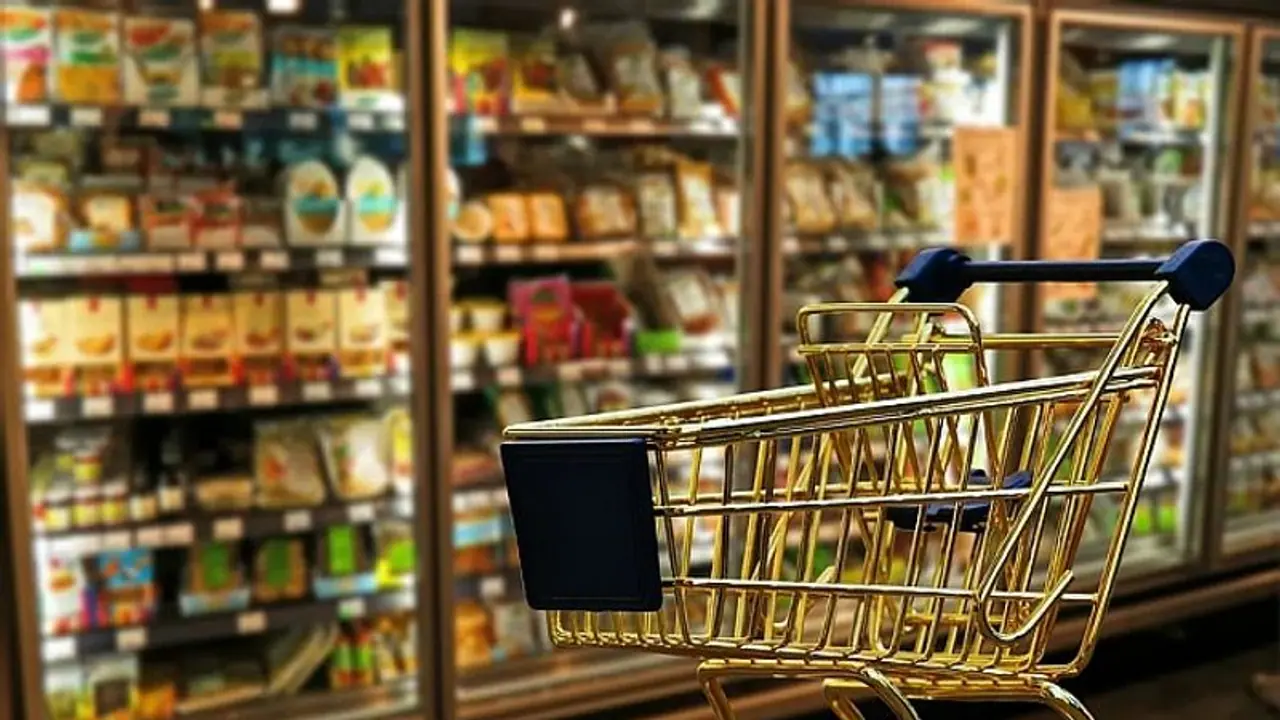Is the food you consume safe? Here is a list of popular food brands that have at some point of time landed in controversy after failing safety norms of various countries.
Media reports recently carried reports of the world's largest food company Nestle acknowledging that more than 60 per cent of its mainstream food and drinks products do not meet a recognised definition of health

The company presentation accessed by the Financial Times noted that only 37% of Nestle's food and beverages by revenues, excluding specialised medical nutrition and pet food, achieved a rating over 3.5 under Australia's health star rating system.
However, this is not the first time companies have failed to lives up to acceptable health standards. Here are a few more examples of when big brands failed basic safety checks.
Brand: Nestle
Product: Baby Milk Alternatives
Nestle got into huge trouble when it was accused of selling unhealthy alternatives for baby milk. They were accused of unethical advertisement of the product. Though they won a related lawsuit in 1974, the product was boycotted in America, New Zealand, Canada, Australia and Europe. Even now the boycott remains in certain parts though the company claims that the product is safe for consumption as per all standards.
Brand: Quaker
Product: Quaker Oats
Back in 1950, Quaker Oats did a horrible experiment. Along with researchers from MIT, Quaker in America fed children radioactive oats for research to prove the nutrients in Quaker oatmeal travel throughout the body.
Brand: Kellogg's
Product: Cereals
Kellogg's had to recall four varieties of its cereals in 2010 in America, because of a strange smell that was emanating from its boxes. Later, the smell was attributed to a compound leakage. The variants that were recalled were Corn Pops, Froot Loops, Apple Jacks and Honey Smacks.
Brand: Burger King
Product: Beef Patty
In the United Kingdom, the fast-food chain Burger King got into trouble when its products were tested in 2013. The beef patties showed that they contained horse meat. The company had initially rejected the charges but later blamed it on their supplier and dropped Silvercrest Foods as a supplier.
Brand: Haldiram
Products: Cookies, biscuits and wafers
US FDA had in 2017 rejected cookies, biscuits and wafers by Haldiram because they contained pesticides, mould and bacteria. They deemed the products unfit for human consumption.
Brand: Starbucks
Products: Hazelnut syrup, Caramel Sauce
In India, coffee chain Starbucks faced the heat in April 2017 when 32 of their ingredients were ruled out by the Food Safety Standards Authority of India. Among them were their popular hazelnut syrup and caramel sauce. They immediately started working on the same and found replacements which suited the Indian standards.
Brand: Cadbury
Product: Dairy Milk
In Mumbai, many customers had in 2003 complained that their Dairy Milk chocolates contained worms. This forced the Maharashtra FDA to seize all stocks manufactured in the company’s Pune plant. So, Cadbury now revamped their packaging to restore their image and made a comeback.
Brand: PepsiCo and Coca-Cola
Products: Pepsi and Coca-Cola
In 2006, Pepsi and Coca-Cola got banned in many Indian states after there were complaints that these contained pesticides. There were also complaints of batteries and other foreign objects being present in these drinks which led to severe suspicions about their safety.
Brand: Patanjali
Product: Atta Noodles
Patanjali Atta Noodles was banned in India in April 2016 for containing excessive quantities of lead. The Food Safety and Drugs Administration in Meerut carried out tests which found that Patanjali Atta Noodles were sub-standard and the ash content tastemaker was more than three times the prescribed limits. Even Patanjali's Divya Amla Juice and Shivlingi Beej were considered substandard by Haridwar's Ayurveda and Unani Office.
Brand: Nestle
Product: Maggi
Maggi was banned in India in 2015 because it contained way more lead and monosodium glutamate or MSG than the prescribed limits. Maggi said that their product was safe to consume, and the limits should be measured after being diluted and not otherwise. However, they later worked on a slight formula change and a rigorous advertisement campaign to rebrand itself.
Brand: Multiple
Product: Honey
An investigation conducted by the Centre for Science and Environment had in 2020 revealed the rampant adulteration in honey sold by major Indian brands including Dabur, Patanjali, and Emami. All these brands had adulterated their honey with sugar syrup. At a time when honey was being extensively consumed for its health benefits, the news shocked many customers.
